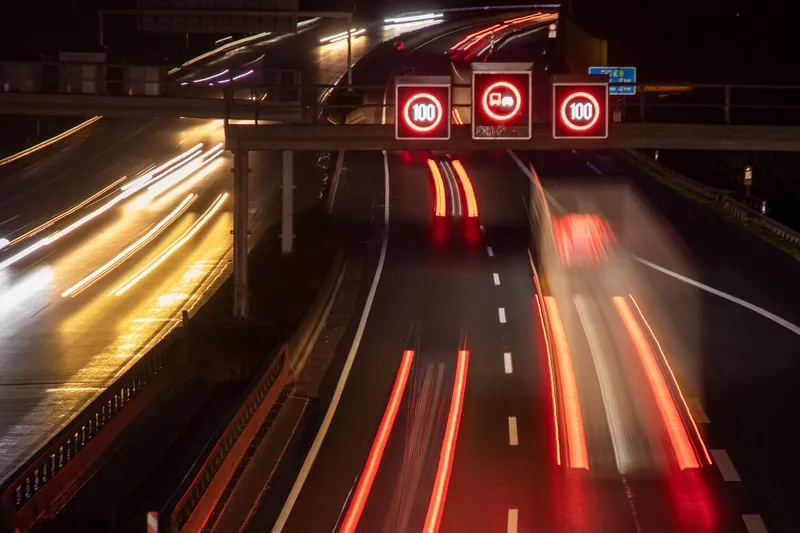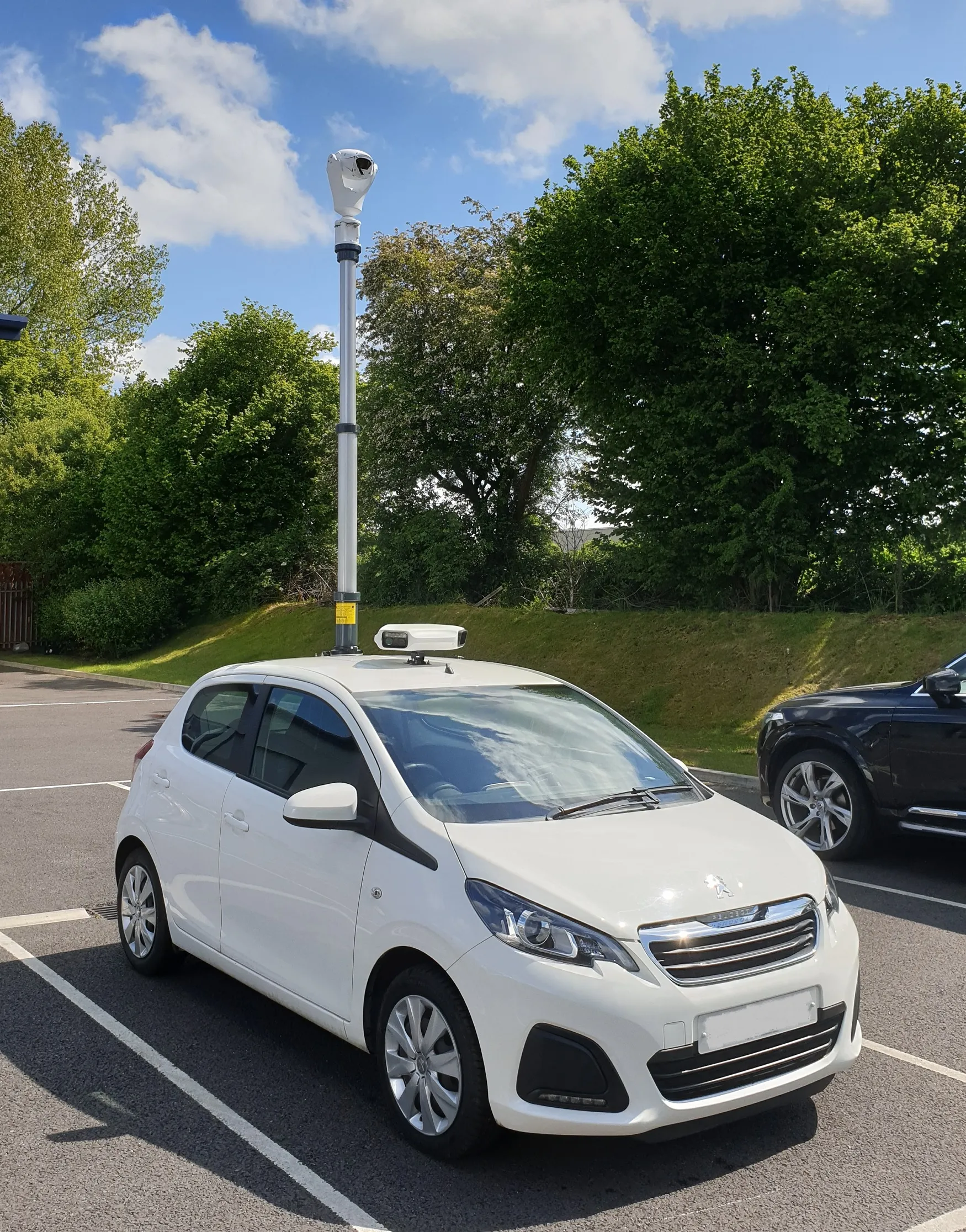Transport Certification Australia (TCA) has released a specification for telematics devices which it hopes will reduce costs for transport operators.
By Ben Spencer
April 21, 2020
Read time: 1 min

TCA says the Telematics Device Functional and Technical Specification will also seek to remove unnecessary hardware requirements for lower-level assurance applications, remove barriers for suppliers of hardware and increase the adoption of telematics.
The specification replaces the Telematics in-Vehicle Unit Functional and Technical Specification and complements new applications and features available through the National Telematic Framework, the certification body adds.
According to TCA, the specification enables technology providers to reference a consistent set of performance requirements to develop devices while also allowing transport operators to benchmark existing technologies fitted to their vehicles.







